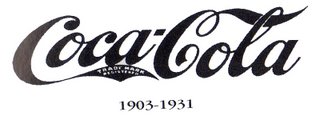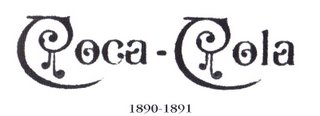
Two name changes—or more correctly, modifications—have received attention in the media and branding worlds recently. Pizza Hut has announced that its boxes and select locations will carry the name “The Hut,” and RadioShack plans to unveil new creative for “The Shack,” its shorter, catchier moniker.
These name shortenings are proof of what professional namers already know: names acquire meaning, they don’t create meaning. Once meaning is established, the brand name can be reduced to a shorthand version of itself, signaling its secure place in the realm of consumer awareness.

In the case of Pizza Hut and RadioShack, there’s also a more tactical motivation. As brands move away from their legacy offerings and expand product assortments, they outgrow their descriptive names. Today, Pizza Hut sells more than pizza, and RadioShack has more than radios on its shelves. The two brands are larger than their original products; their names stand for tangible and intangible experiences.
There’s also a familiarity expressed in a shorter name, akin to a nickname. The shorter handles inject the brands with a first-name-basis ease that everyone can participate in, but that ultimately acknowledges a loyal clientele. “The Hut” isn’t just any hut, it’s the hut. The only hut.
Name shortenings are nothing new. For decades, brands have abbreviated their names to reflect vernacular speech or to protect
equity. In many cases, the brand adopted and claimed ownership of a nickname, a testament to the reverse influence consumers can have on brands. Here are a few notable examples.
Kentucky Fried Chicken
In 1990, the Commonwealth of Kentucky trademarked the name “Kentucky,” forcing businesses to pay a licensing fee to use it. KFC was able to sidestep the issue by changing its brand name to the commonly used nickname. The fast-food restaurant has recently expanded its brand nomenclature to include KGC (the “G” standing for “grilled”).
Jack In The Box
The brand’s new logo positions “Jack” as the primary name by demoting “In The Box” to a visually subordinate level. Whether “Jack” becomes the official name has yet to be seen.
Charles Schwab
Not a name change, but noteworthy nonetheless—the brokerage’s most recent ad campaign employs the headline “Ask Chuck,” conveying a trusted familiarity.
America Online
The company officially changed its name to AOL in 2006, stating: “Our new corporate identity better reflects our expanded mission—to make everyone's online experience better. Plus, consumers in the U.S. and around the world already know us by our initials."
American Express
Amex, the abbreviated form of the name, is a company trademark.
Federal Express: Global market research revealed that “federal” connoted something bureaucratic and slow, and the full name was difficult to pronounce in certain foreign markets. In 1994, Fedex was adopted as the official brand name. The company’s new name also proved much easier to use in visual applications where space was limited.
Coca-Cola
The company behind the legendary drink registered the name Coke in 1945, but it has since become a genericized trademark.
As for The Hut and The Shack, time will tell what market reception of the shorter names will be. In the latter’s case, there’s clearly an intent to inject a youthful hipness into the brand. Advertising invites customers to “Crash the Party” at The Shack’s dedicated web page, where an urban palette and social media define a more progressive brand experience. Is this a fresh new chapter for the dated electronics catchall? Does the literal meaning of “shack,” a crudely built structure, unwittingly reinforce the brand’s slipshod merchandising strategy? Like all brand names, new or modified, The Shack will acquire the meaning that consumers give it.





















